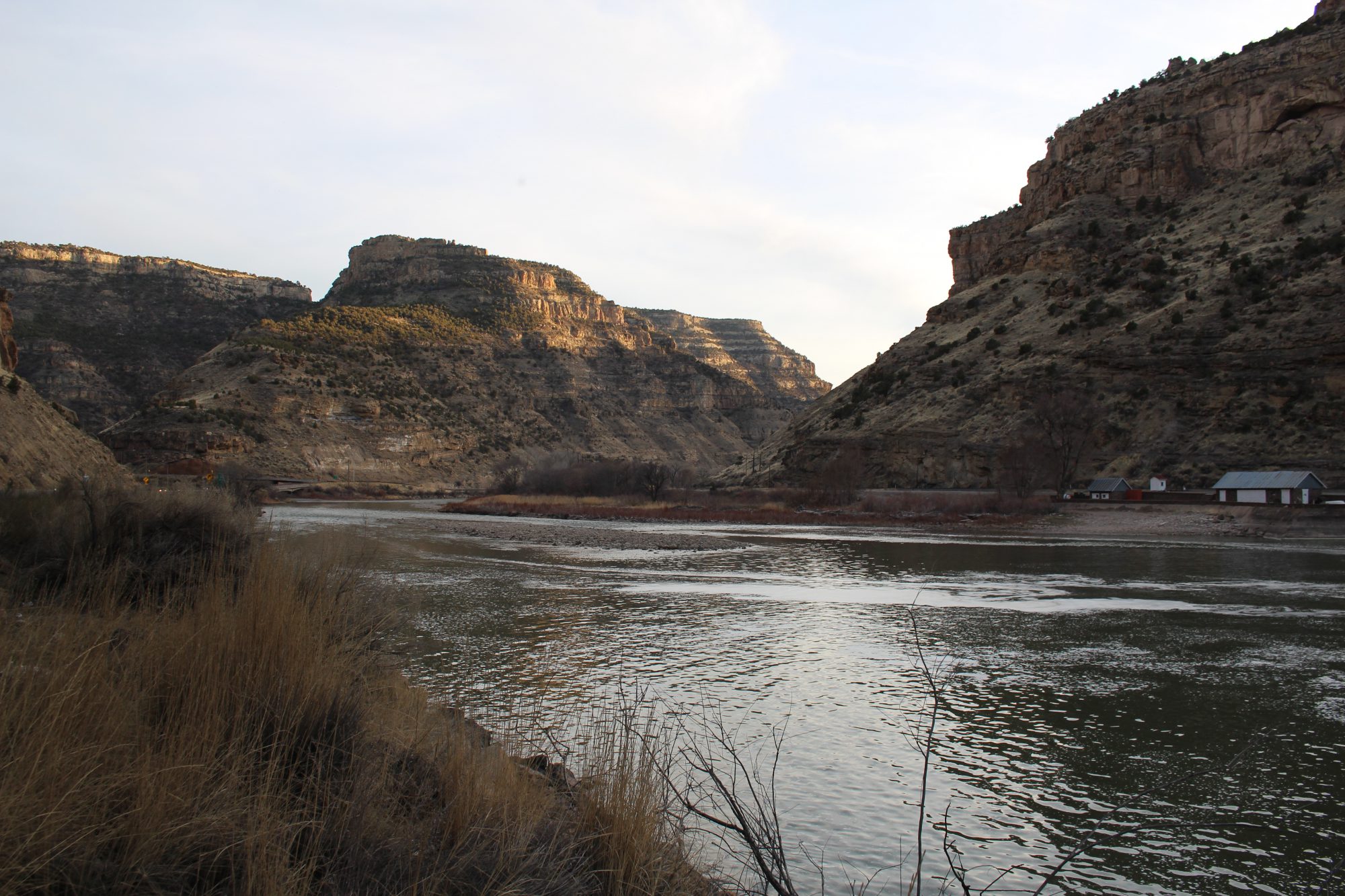By Aspen Journalism, KUNC, KJZZ and The Nevada Independent | June 2, 2020
In the arid West, scarce water supplies are growing scarcer. Climate change is shrinking snowpack in river basins throughout the region, leaving the future water supplies for cities, industries and farmers uncertain.
Throughout the region, farmers hold rights to the vast majority of available water, while the demand for new supplies is in growing cities or industries. To try and solve that problem, and make some money in the process, a new actor has emerged in some water-stressed pockets of the West: the private investor.
Investors are writing big checks in heavily-irrigated farm communities. Their presence alone is making people nervous, as lawmakers, local leaders, farmers and water managers try to understand just how these new players plan to profit from water.
